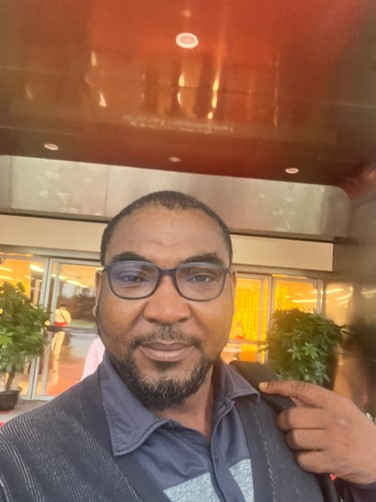By Roger A. AGANA
In Ghana, vehicle insurance is a legal requirement to protect road users. However, the reality of making an insurance claim reveals a system fraught with obstacles, leaving many Ghanaians in dire need of more financial support, a burden that is often too heavy to bear.
The process begins with obtaining a police report, a critical document to initiate any insurance claim.
This report, however, comes at a cost—often an unofficial payment to the police. These payments, though pervasive, are not officially sanctioned, adding an unfair and unjust financial burden on accident victims, a stark reminder of the system’s inherent unfairness.
Even with collecting premiums from vehicle owners year after year, insurance companies, expected to provide financial support in times of need, are notoriously tricky when paying out claims.
Claimants must provide extensive documentation and often need legal representation to prove their case. The costs associated with pursuing a claim can be prohibitive, particularly for those who have significant financial resources.
For many, the process is so cumbersome and expensive that they give up, rendering their insurance worthless. This not only undermines the purpose of the insurance but also leaves many Ghanaians in a vulnerable position. This system disproportionately favours those with financial means who can afford to navigate the complexities of the claim process.
For the average Ghanaian, the mandatory insurance policy feels less like protection and more like a form of ‘legalised extortion ‘, where they are forced to pay for a service that is not readily available when needed. Critics argue that the system is designed to extract money from citizens without offering them the security that insurance is supposed to provide.
Civil society organisations and public figures have increasingly spoken out against the mandatory insurance policy.
Dr Badu Kweku, Executive Director of the Ghana Institute of Policy and Strategy Analysis, stated, “The current insurance system in Ghana is failing the people it is supposed to protect. It is time for the government to reconsider the mandatory nature of vehicle insurance and explore alternatives that genuinely serve the public interest.” The involvement of the police adds another layer of complexity and frustration.
The Ghana Police Service, responsible for enforcing the law, is quick to arrest or fine individuals for not renewing their insurance policies. Yet, when assisting those same individuals in making a claim, the police often demand unofficial payments. This dynamic has led to calls for an overhaul of the system, with suggestions ranging from stricter regulation of insurance companies to the complete reevaluation of the mandatory nature of vehicle insurance.
Legal analysts argue that the police should not be involved in insurance matters beyond ensuring essential compliance, as their involvement often incentivises corruption. Whether insurance should remain mandatory is a topic of growing debate. While the original intent was to protect all road users, implementing this policy has raised concerns about its fairness.
Some experts advocate for reforms to make the process more transparent and accessible. In contrast, others suggest that insurance should be optional, allowing individuals to decide whether to invest in coverage.
Dr Esi Yankah, a prominent economist, questions the efficacy of the current system, stating, “If citizens are forced to pay for a service they cannot access without additional financial strain, then the system is not working. It may be time to consider making insurance optional, with a focus on consumer education and empowerment.”
The mandatory vehicle insurance system in Ghana is in dire need of reform. The combination of bureaucratic inefficiencies, such as long waiting times for claim processing, excessive documentation requirements, corruption, and financial burdens, has led to widespread dissatisfaction and mistrust.
A more equitable and transparent system is not just a desire but a necessity that genuinely protects and serves the people’s interests. Only through comprehensive reform, urgently needed, can insurance in Ghana fulfil its intended purpose of providing security and peace of mind.










